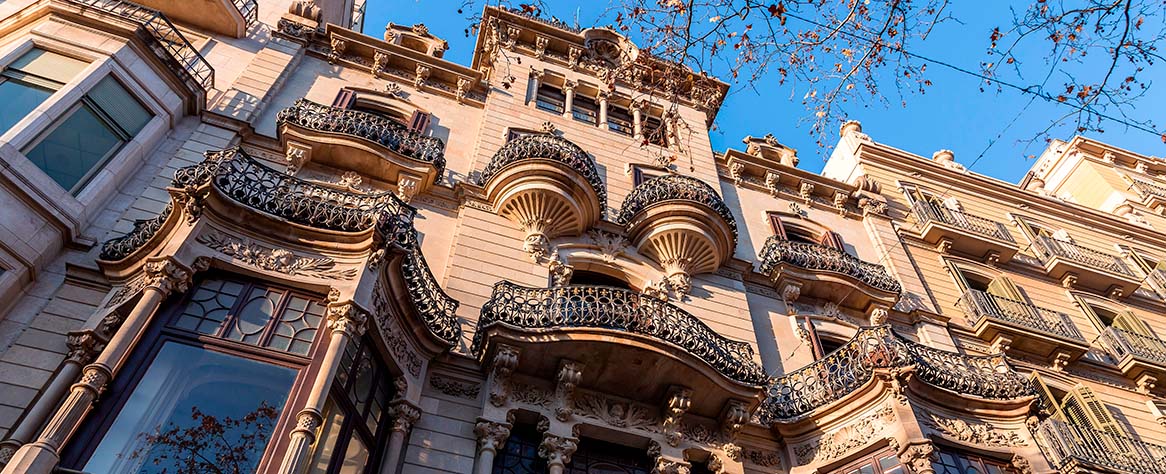

The 1714 payoffs
During the ‘Diada’, we Catalans let ourselves be carried away by romanticism and the idols of the resistance, who tried to preserve liberties. Casanova, Villarroel, Moragues, Carrasclet… but wars are about money and must be looked at with disaffection and self-criticism. There is a group of Catalans who chose to do business with the invader and were thus decisive in his victory.
Toni Mata. Content and Media Director at 11Onze.
That wars are won by money is something that has been known for more than 2,400 years. Thucydides wrote about the Peloponnesian wars. But when September 11 approaches, we Catalans tend to bring out a list of grievances instead of thinking about where we screwed up. General Moragues’ boss was exposed for twelve years in a cage, the brutality of the repression, Villarroel’s resistance, Carrasclet’s persistence, the people burying traitors outside the walls because “in the ‘Fossar de les Moreres’ no traitor is buried”…. This is all very good. But any country that pretends to be one has to take itself a little more seriously and stop telling tales. If Catalonia fell in 1714, it was because it lost a war and, if it was lost, it was due to many factors. One of the key factors was collaborationism.
Who got rich from Philip V’s victory?
Philip V’s advance through Catalonia would not have been possible without a number of Catalans who contributed by prioritising individual economic benefit over country. Perhaps those citizens did not have a conscience of the country, but who did was the Bourbon army which, as the 11Onze historian Oriol Garcia explains in this article, kept 65% of its troops in the Catalan Countries for years in order to consolidate the invasion.
Indeed, there are Catalans who decided to do business with the Bourbons while they were destroying the country and the liberties of all. And they got rich! What would have happened if these basic supplies had been cut off in the rearguard? Would Philip V have been able to keep the war going? It is a bad thing to say, but it is well known that the Austracist naval fleet (which had Catalan support) was capable of maintaining supplies for its troops, but the Bourbon fleet was not. They depended on what they could buy on land.
For this reason, at 11Onze we wanted to ask our historian to delve into studies on this idea: which Catalans gained from Philip V’s victory? In other words, who helped him and benefited from it? And the result is chilling. Around thirty Catalan families became rich by betraying their own country. Families who opened their doors to the invader were conveniently rewarded with public contracts from 1714 onwards. The new Catalan elite took shape during the War of Succession. The people tried to resist, but some of them were determined to make their fortune at the expense of handing the country over to the enemy. We have listed the most relevant cases, with names and surnames, so that more than 300 years later we are more aware than ever that some Catalans played a key role in Catalonia’s defeat.
Breaking the dependency
This is what we could call the “payoffs” of 1714, to make a simile with today’s terminology. History is reiterative, and it is essential to know it in order to detect the mistakes that lead to misfortune. Is it possible to defend Catalonia and have your business or your family’s business depend directly on Spanish aid from the ICO? Or your salary? History says no. From history, we know that it is impossible to talk face to face or defend yourself against someone on whom you are economically dependent. And we know that there are Catalans capable of selling God and their own mother for a dish of lentils. National consciousness was in the 18th century (and perhaps now?) in the background, for some.
In any case, to begin to change things it is clear that the first thing we have to do is to tell each other the truth. This is a commitment we have at 11Onze. That’s why we wanted to carry out this historical review so that we can say it clearly: Catalonia was not defeated in 1714 because it was abandoned by the English. Not everything is someone else’s fault. Catalonia was sold out by some Catalans.
Find out about the families that were enriched by the defeat of 1714 on 11Onze TV.
Leave a Reply
You must be logged in to post a comment.
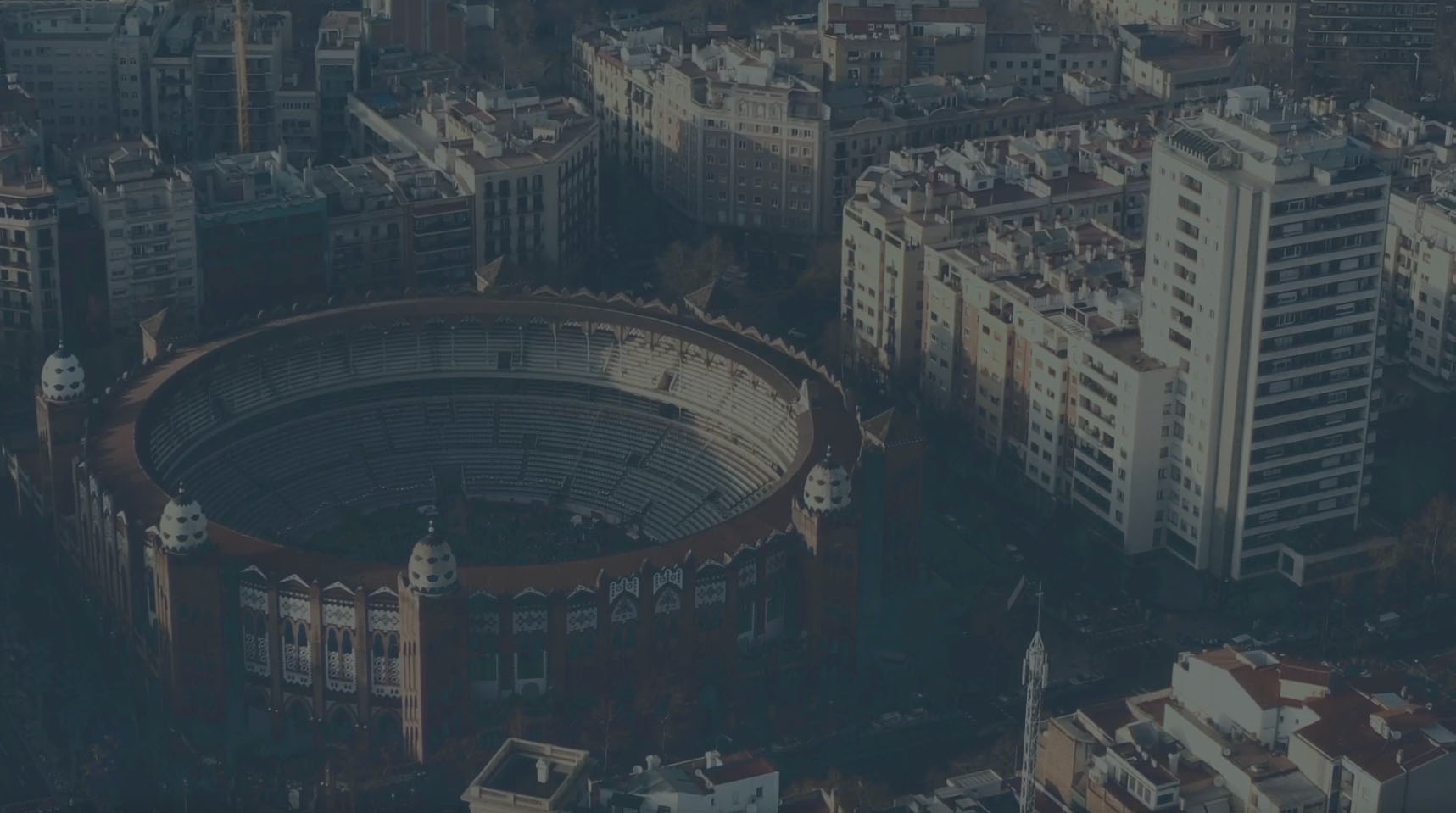
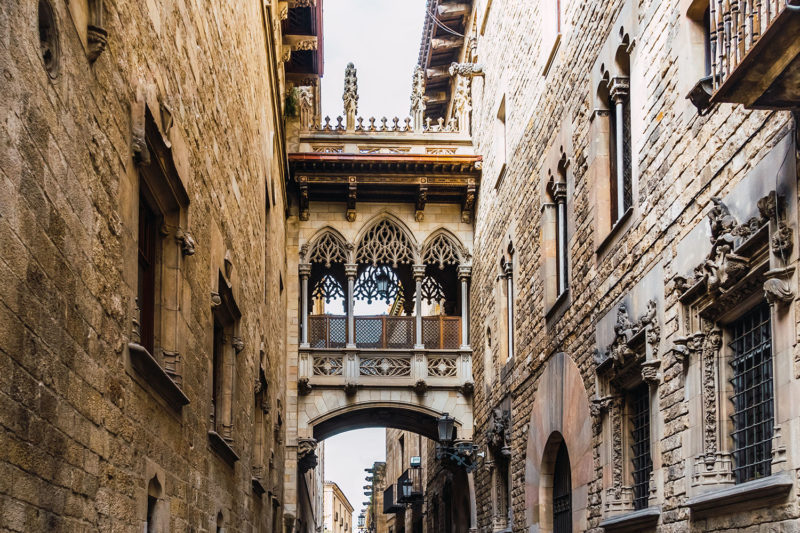
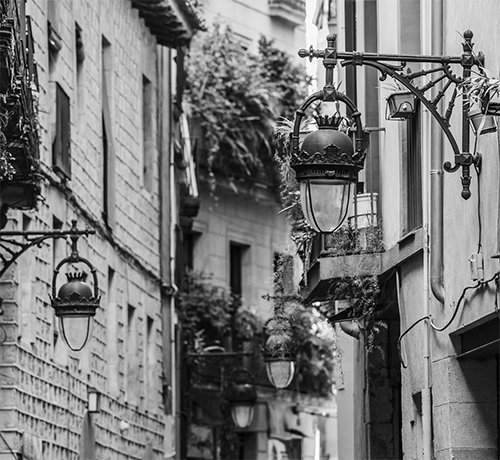
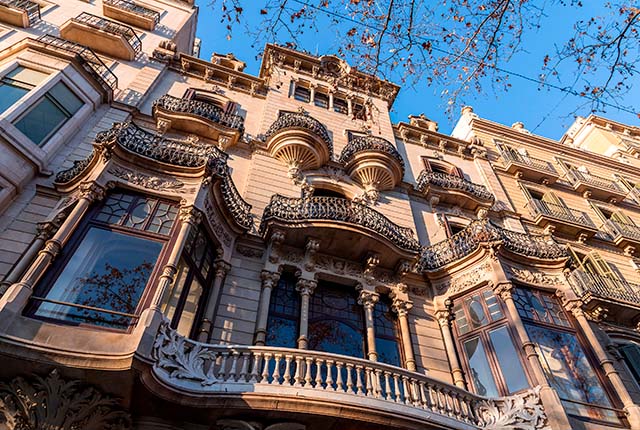


Gràcies
Carai!! No ho sabia, Gràcies Toni 👌
Doncs l’article de l’Oriol Garcia ho explica molt bé. I també hem obert un apartat d’11Onze TV que es diu ‘Temes d’interès’ on hem llistat totes les famílies que s’hi van fer riques. Gràcies Carles!
Com es costum felitats de nou Toni, per desvetllar aquest argument històric, el qual no estem acostumats a escoltar, gràcies.
Gràcies Miquel. La història és complexa i sovint es tendeix a la simplificació. El relat de bons i dolents és massa senzill… nosaltres mirem de fixar-nos què passa entremig.
👌🏿👌🏿🙏🏿
Com sempre el Toni posa el dit a la llaga i fa coïssor. Cert, és hora de preguntar-nos perquè perdem les guerres i després de fer-nos un tip de plorar, posem els fonaments per a la victòria. Gràcies 11Onze i la Plaça per haver-hi començat a treballar
Gràcies Mercè. Sempre m’ha estranyat que s’obviï aquesta part de la història. Potser perquè no ens deixa ben parats.